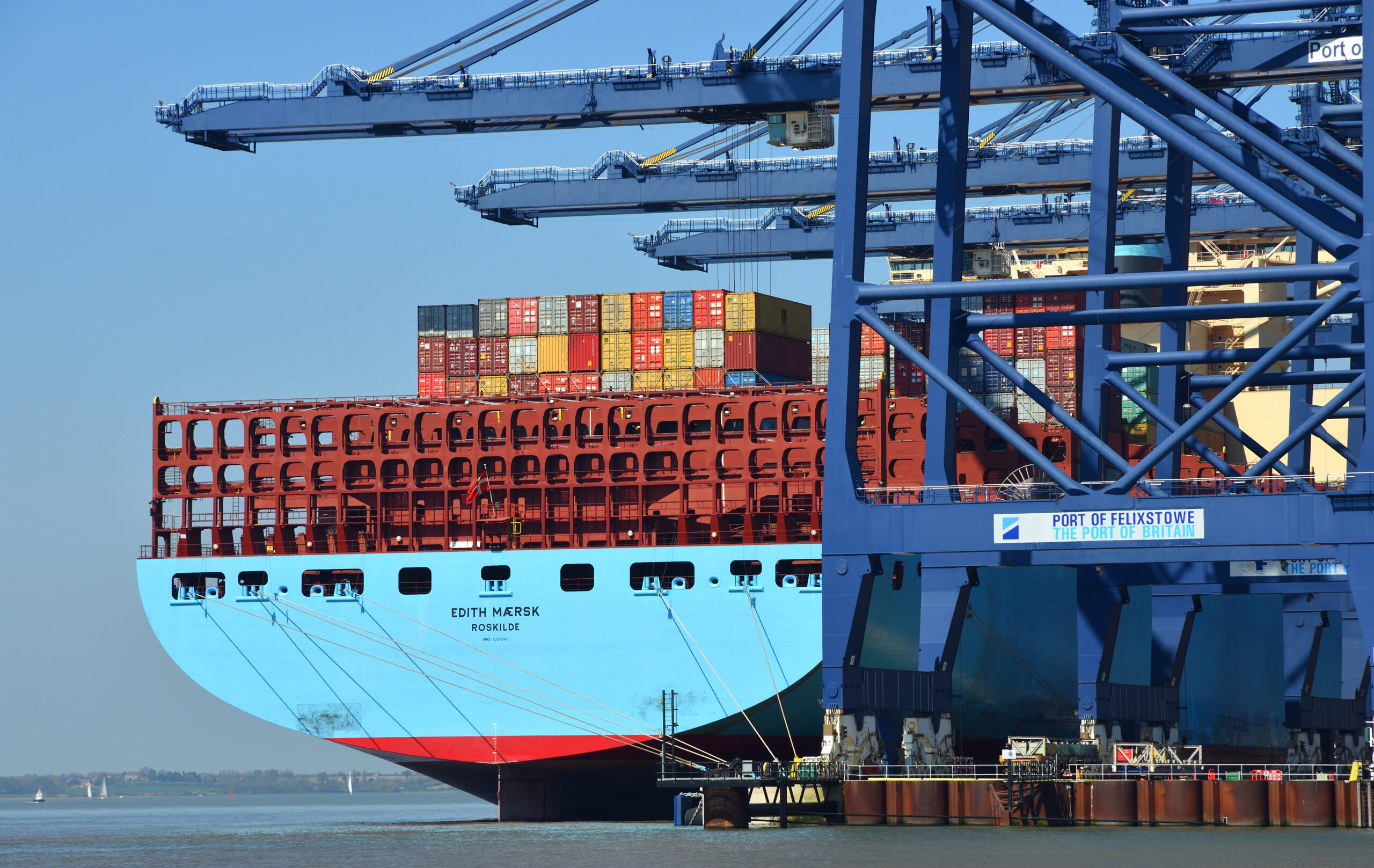In a joint statement, the European Community Shipowners’ Association (ECSA) and the Shipyards & Maritime Association of Europe (SEA Europe) have called on the European Commission (EC) to include the maritime sector into two key policy frameworks: the European Industrial Maritime Strategy and the Sustainable Transport Investment Plan (STIP).
ECSA and SEA Europe are petitioning the EU to integrate the entire maritime sector into its proposed European Industrial Maritime Strategy, emphasising the importance of shipbuilding and equipment manufacturing. They also want to see shipping’s inclusion in STIP, a component of the EU Clean Industrial Deal that aims to incentivise investment into low-carbon and renewable fuels infrastructure.
Maritime leaders are voicing their concerns that shipping, shipbuilding, and marine equipment manufacturing are being given insufficient attention in the EU’s implementation of the Clean Industrial Deal. The joint statement points out that European shipping accounts for 35% of the global fleet, despite the EU making up 15% of global GDP, and overlooking the sector would be a strategic misstep. ECSA and SEA Europe wish to see greater integration of maritime into these initiatives and a more comprehensive strategy improve European competitiveness in building low-emissions vessels.
One of the primary concerns raised by ECSA and SEA Europe is the ‘widening innovation gap’ between Europe and Asia that threatens European maritime competitiveness. While the continent remains a leader in high-value shipbuilding, such as cruise ships and offshore vessels, it has steadily ceded ground in commercial ship construction to Asian rivals. This decline, they say, is evidence of the need for industrial policy that is targeted at supporting European shipbuilders.
‘Europe needs strong, innovative and globally competitive shipyards and maritime equipment manufacturers’, commented Christophe Tytgat, Secretary General of SEA Europe. ‘An impactful industrial maritime strategy enabling Europe to consolidate its current global leadership, whilst regaining strategic markets for Europe and benefiting from emerging segments in crucial for Europe’s commercial and naval maritime manufacturing industry and economic security is crucial for the future of Europe.’
To address these challenges, ECSA and SEA Europe give five recommendations for EU policymakers.
- Strengthen the maritime industrial base to reinforce Europe’s position in shipbuilding, maritime equipment, and advanced vessel retrofitting through targeted financial incentives.
- Ensure a regulatory and fiscal level playing field that maintains European shipping’s competitiveness through globally aligned taxation and regulatory frameworks.
- Support investment in clean technologies. This, the joint statement suggests, can be achieved by channelling revenues from the EU ETS into developing and deploying low-carbon and zero-carbon technologies.
- Mandate clean fuel production by establishing binding obligations for the production and distribution of alternative fuels will ensure alignment with the EU’s Net-Zero Industry Act.
- Expand the maritime sector’s access to finance and investment. It can do this by leveraging public and private funding mechanisms to de-risk investment in digitalisation and energy transition pathways.
The joint statement argues that the maritime sector’s inclusion in the EU’s green industrial roadmap is a strategic necessity for Europe to achieve its climate policy objectives. Sotiris Raptis, Secretary General of ECSA, stressed that financial backing using revenues collected from shipping’s inclusion in the EU ETS is vital: ‘Addressing the widening innovation gap in Europe is the only way to enhance the European industrial base. Financial support from the national and EU ETS revenues must enhance the uptake of clean tech and fuels.’
With mounting pressure to integrate the maritime sector into its core industrial and transport strategies, failure to do so could leave European shipbuilders, equipment manufacturers, and shipowners at a competitive disadvantage and risk further eroding the continent’s maritime capabilities. Without a clear policy direction and aligned financial incentives, the maritime sector’s transition to alternative fuels may be put at risk.



